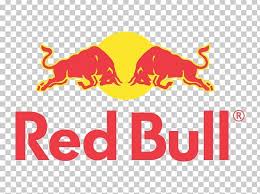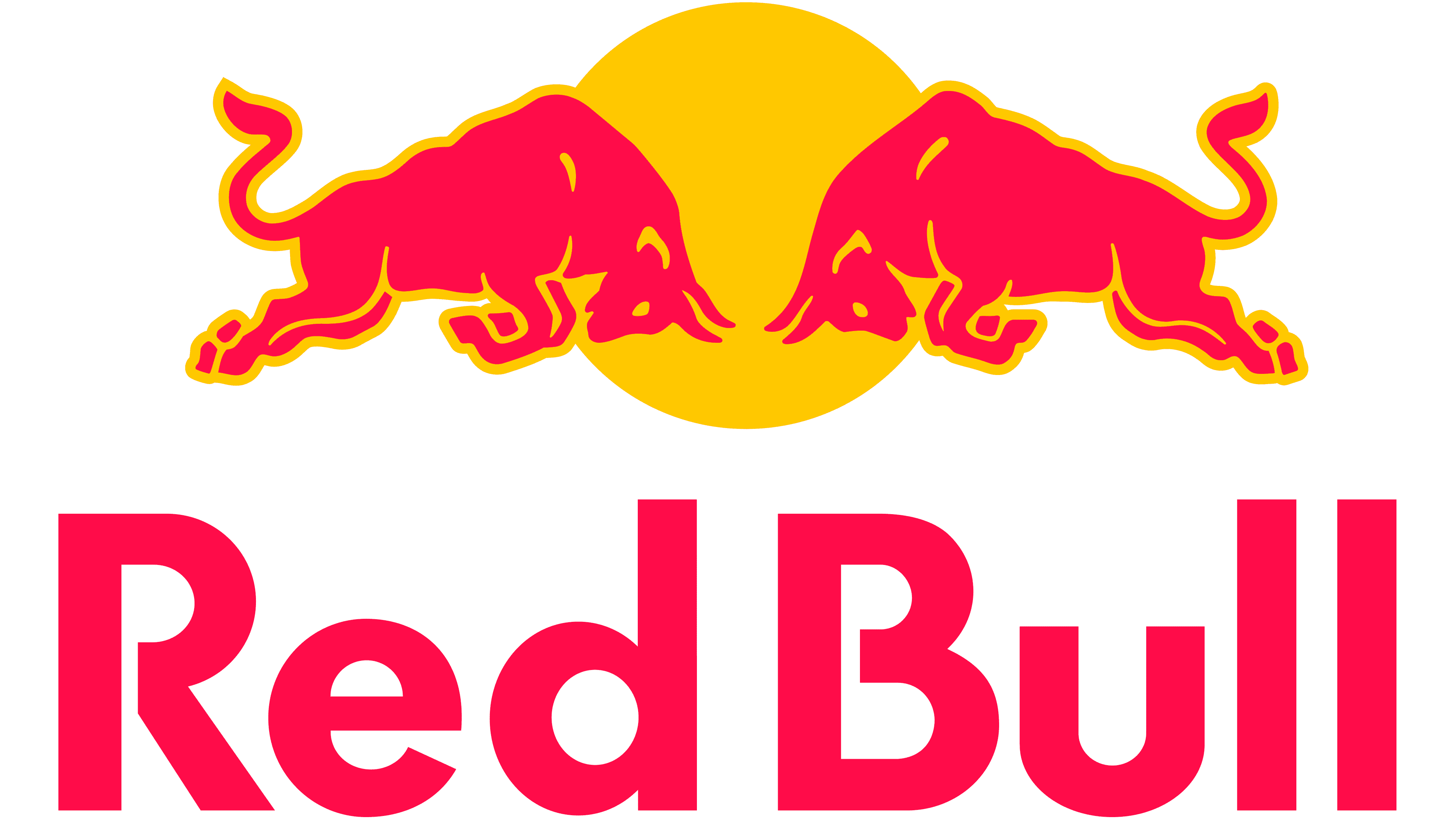Red bull felt disappointed due to…..

Red Bull’s disappointment stemmed from several factors that affected its brand image and market performance. Despite being a leader in the energy drink market, the company faced increasing competition from both established brands and new entrants. This influx diluted their market share, challenging their dominance.
Additionally, Red Bull’s marketing strategies, once groundbreaking, began to show diminishing returns. The brand is known for its high-energy sponsorships and extreme sports events, but as consumer preferences shifted toward healthier options, their image as a high-octane beverage felt increasingly outdated. The rise of alternative energy drinks that focus on natural ingredients and lower sugar content put further pressure on Red Bull to innovate.
Moreover, regulatory scrutiny regarding energy drinks heightened due to health concerns. Critics pointed to the potential adverse effects of excessive caffeine and sugar, leading to calls for stricter regulations. This scrutiny not only affected sales but also tarnished the brand’s reputation among health-conscious consumers.
Finally, internal challenges, such as supply chain disruptions and rising production costs, compounded the issue. These factors combined left Red Bull feeling the weight of its once-unassailable market position, prompting urgent reflections on its strategy and future direction.



